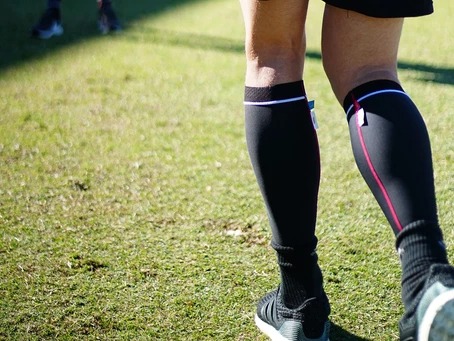Purpose of role
Athletic trainers are where sports and medicine meet.
Athletic trainers diagnose and treat injuries to bone and muscle under the direction of licensed doctors or other health-care professionals. They work with anyone who engages in athletic activities, from elementary school children on playgrounds to professional athletics in Olympic competition.
They prevent injury through the use of devices such as tape and braces, recognise and evaluate injuries, and provide emergency care. They rehabilitate hurt athletes and plan programs to prevent injury and illness.
They also perform administrative tasks such as meeting with administrative officials, keeping records and dealing with sports budgets.
What you’ll do
-
Working with coaches, athletes, and medical professionals to evaluate the player condition.
-
Creating exercise and nutrition plans.
-
Speaking to coaches, family members, and athletes to set health and fitness goals.
-
Designing training and rehabilitation programs for athletes.
-
Using knowledge of sports-related injuries to diagnose and treat athletes.
-
Referring athletes to another doctor or other medical staff members.
-
Assisting and monitoring injured players as they heal and progress towards recovery.
-
Maintaining records relating to athlete condition and training, diet, and treatment plans.
-
Handling clerical tasks, such as maintaining inventory, assisting with budgets, or restocking supplies.
What you’ll need
-
Bachelor’s degree in Athletic Training and a valid state license or certification.
-
Proven education or experience may be desired.
-
Strong understanding of the challenges athletes face, proper nutrition, sports injuries, and treatment options.
-
Understanding of first-aid treatments, massage, and physical therapy techniques and equipment.
-
Detail-oriented, analytical, and attentive.
-
Excellent interpersonal, problem solving, decision making, and communication skills.
Skills and experience
-
Applied Knowledge: Athletic trainers must know a lot about a huge range of medical problems. Diagnosing, evaluating symptoms and working with other healthcare professionals will be needed.
-
Decision-Making Skills: Quick thinking by athletic trainers may be the difference between an small injury and a career-ending injury.
-
Attention to Detail: Athletic trainers should take notes on how people are recovering, and how to best keep them healing.
-
Interpersonal Skills: Athletic trainers work with people in stressful situations. Keeping a clear head and a calm demeanor when talking to people in pain, other medical professionals, coaches and families will be an asset.


